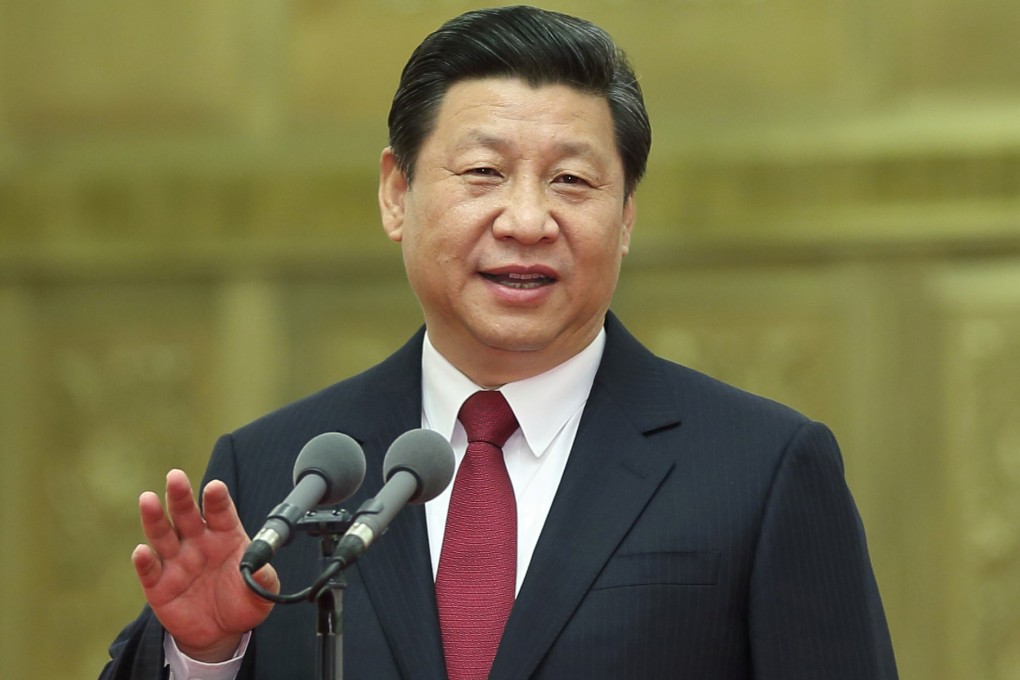274 quotes from Xi Jinping: Propaganda machine publishes book 'to bolster his image'
The quotations from Xi are taken from more than 70 speeches, written instructions and comments

It's unlikely to set the literary world alight, and may even prove to be a useful insomnia cure.
But a collection of 274 quotes from President Xi Jinping since 2012 has been compiled into a book in an attempt to trumpet the success of China's policies and raise the president's profile.
The unremarkably named Excerpts of Xi Jinping’s Remarks on Overall Deepening Reforms contains insights such as, “If you can contribute to ease air pollution and solve the problem of smog, you will be given honour and be a hero."
Another excerpt reads: "We have to beware not to fall into the snare of division or Westernisation. We cannot… use the excuse of reform for our own interests.”
Analysts have said the book, edited by the Party Literature Office and published by the Central Party Literature Publishing House, is an attempt to provide guidelines to the nation while strengthening Xi's image.
A handful of the excerpts have never before been made public, according to a China.org.cn report.